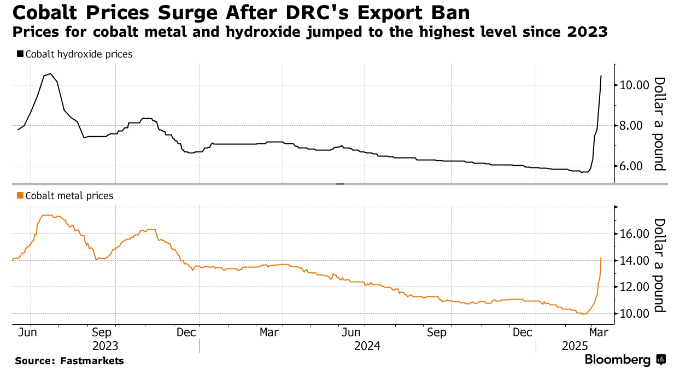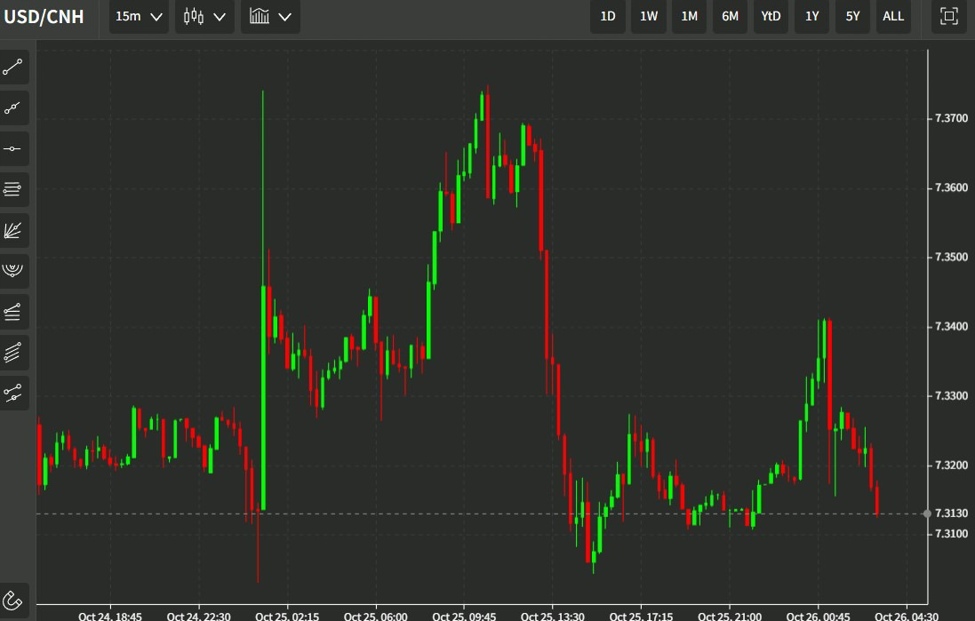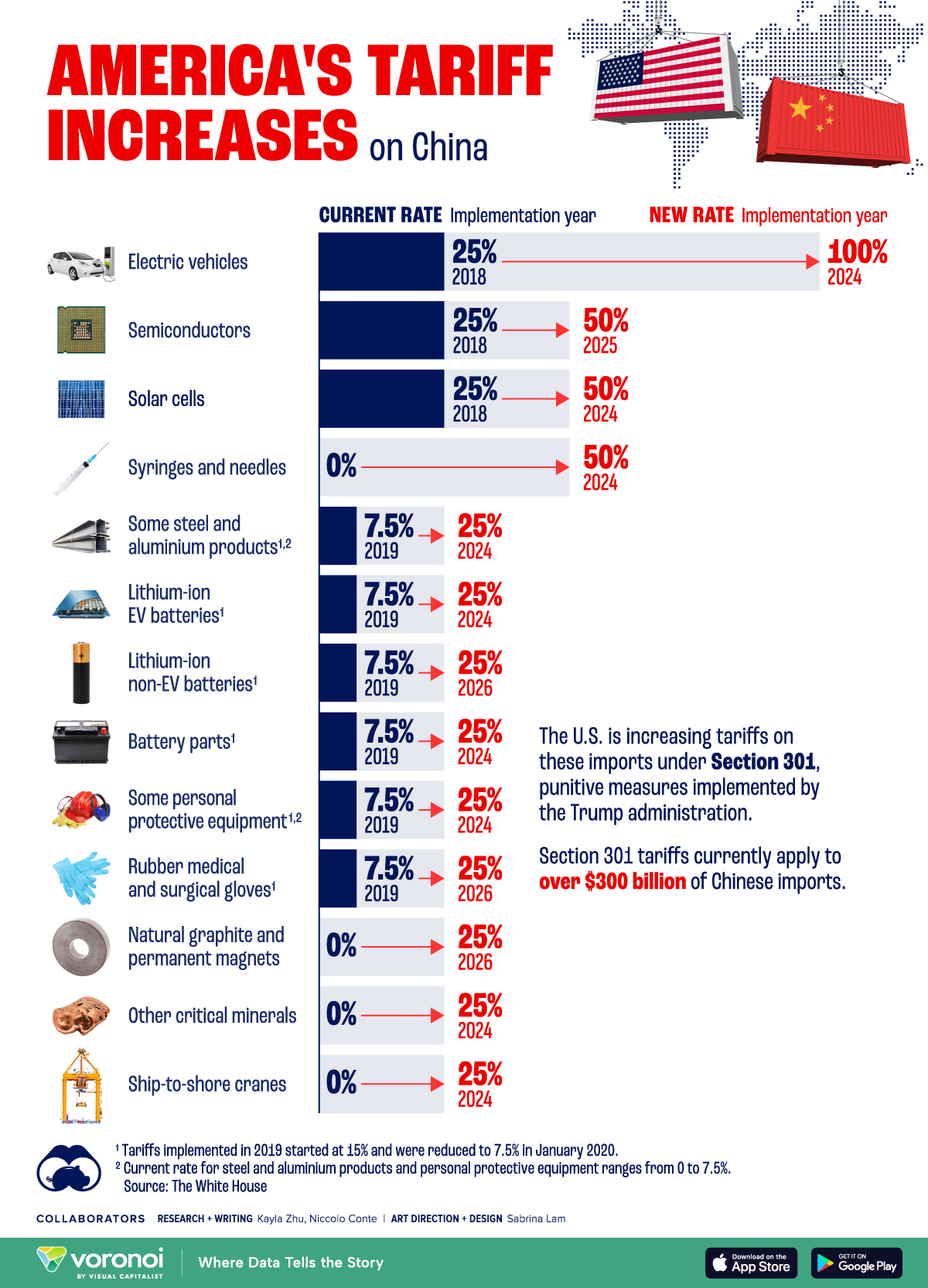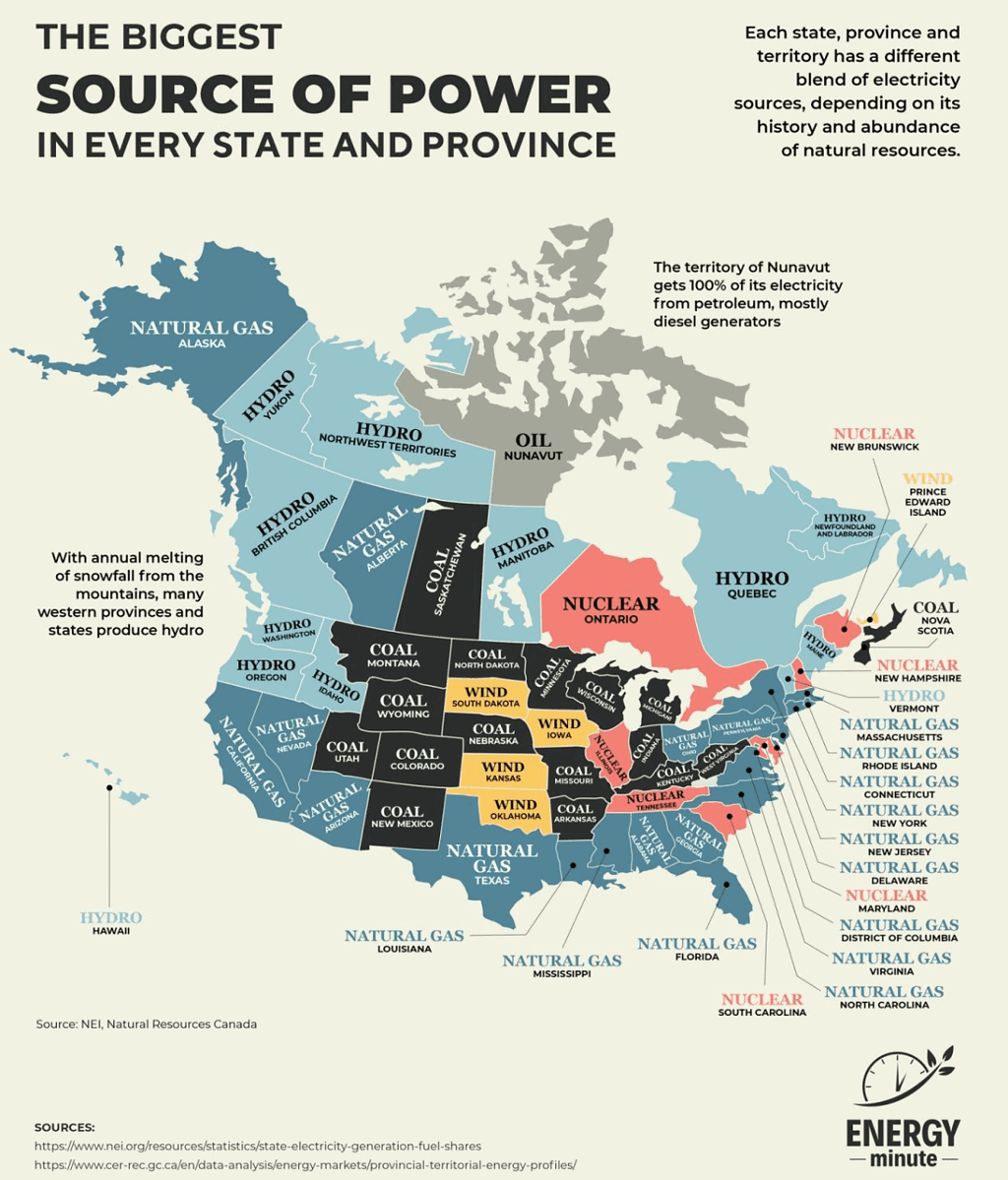Congo's Cobalt Export Policy Shift: Implications For The Global Market

Table of Contents
Understanding Congo's Cobalt Export Policy Shift
Congo's recent cobalt export policy shift represents a significant departure from previous approaches. Instead of solely focusing on raw material exports, the government is increasingly emphasizing downstream processing and value addition within the country. This involves implementing new regulations, including increased export taxes on unprocessed cobalt and incentives for establishing refining and processing facilities within the DRC.
Historically, the DRC's cobalt export policies have been characterized by a lack of regulation and transparency, leading to concerns about revenue leakage and environmental damage. The effectiveness of past policies has been limited, partly due to weak governance and widespread informal mining activities. The current policy shift is driven by several key factors:
- Increased Government Revenue: The government aims to significantly increase its revenue from cobalt exports by taxing processed materials more heavily than raw materials.
- Value Addition: Processing cobalt domestically creates higher-value jobs and stimulates economic growth beyond simple mineral extraction.
- Environmental Concerns: The government seeks to improve environmental standards and reduce the negative impacts of uncontrolled mining practices.
- Geopolitical Influence: Securing greater control over the supply chain strengthens the DRC's bargaining position in the global market.
Specific details of the new regulations: These include increased export duties on unrefined cobalt ore, stricter licensing requirements for mining operations, and tax breaks for companies investing in domestic processing plants.
Timeline of implementation: The implementation is phased, with some regulations already in effect and others scheduled for rollout over the next few years.
Government statements and official announcements: The Congolese government has publicly outlined its aims to create a more sustainable and equitable cobalt industry, generating greater benefits for the nation.
Impact on Global Cobalt Supply Chains
The shift in Congo's cobalt export policy has the potential to significantly disrupt the global cobalt supply chain. This disruption is likely to impact various sectors heavily reliant on this crucial mineral:
- Electric Vehicle Manufacturers: Increased cobalt prices due to reduced supply could increase the cost of electric vehicle batteries, potentially slowing down the adoption of electric vehicles.
- Battery Producers: Battery manufacturers face increased uncertainty and potentially higher input costs. This may lead to increased battery prices or a search for alternative battery chemistries.
- Aerospace Industry: The aerospace sector, which also uses cobalt in its high-performance alloys, could also experience supply chain disruptions and cost increases.
Companies heavily reliant on DRC cobalt are particularly vulnerable. The policy shift underscores the risks associated with over-reliance on a single source of supply.
Potential price increases: Reduced supply of refined cobalt from the DRC is likely to lead to significant price increases in the global market.
Supply chain diversification strategies: Companies are exploring alternative cobalt sources and investing in recycling technologies to mitigate the impact of potential supply chain disruptions.
Geopolitical implications: The policy shift highlights the growing geopolitical importance of cobalt and the DRC's role in securing global energy transition goals.
Impact on battery production costs: Increased cobalt prices translate directly into higher battery production costs and potentially higher prices for electric vehicles and other cobalt-dependent products.
Economic Implications for the DRC
The economic consequences of Congo's policy shift for the DRC are complex and multifaceted. While the government aims to increase revenue and stimulate economic growth through value addition, potential challenges remain:
- Increased Government Revenue: The new policies are projected to substantially increase government revenue from cobalt exports.
- Potential for Job Creation: Downstream processing facilities could create significant employment opportunities in the DRC.
- Challenges Related to Implementation: Effective implementation and enforcement of the new regulations are crucial to prevent corruption and ensure transparency.
- Impact on Local Communities: The policy's impact on local communities and their access to employment and resources needs careful monitoring.
Projected revenue increase for the DRC government: Estimates vary, but the potential revenue increase could be substantial, providing significant resources for development initiatives.
Potential for job creation in downstream industries: The development of refining and processing facilities can generate numerous jobs in various sectors, including manufacturing, logistics, and technology.
Risks of corruption and illegal mining: The risk of corruption and illegal mining activities remains a significant challenge that requires strong governance and robust regulatory oversight.
Social and environmental considerations: Sustainable and responsible mining practices are critical to ensuring the long-term benefits of the policy shift, protecting communities, and minimizing environmental damage.
Strategic Responses from Global Stakeholders
Global stakeholders are responding to Congo's policy shift with a range of strategies. Major cobalt consumers and producers are actively adapting to the changing market landscape:
- Actions taken by major battery manufacturers: These companies are actively diversifying their cobalt sources, exploring alternative battery chemistries, and investing in recycling technologies.
- Investment in cobalt recycling and alternative battery technologies: The focus on recycling and exploring alternative battery technologies is driven by a need for more sustainable and secure supply chains.
- Initiatives to promote responsible sourcing and ethical mining practices: Many companies are implementing due diligence processes to ensure responsible sourcing and ethical mining practices in their supply chains.
- International cooperation and development aid: International organizations and development agencies play a critical role in supporting sustainable cobalt mining in the DRC and promoting good governance.
Conclusion: Navigating the Shifting Sands of Congo's Cobalt Export Policy
Congo's cobalt export policy shift presents both opportunities and challenges for the global market. The policy's potential to increase government revenue and stimulate economic growth in the DRC is substantial. However, successfully navigating this transition requires strong governance, responsible mining practices, and proactive engagement from all stakeholders. The potential for supply chain disruptions, price volatility, and geopolitical ramifications underscores the need for sustainable cobalt sourcing and responsible cobalt mining practices. Staying informed about developments in Congo's cobalt export policy and engaging in responsible sourcing are crucial to mitigating the risks and realizing the opportunities associated with this vital mineral resource. Follow updates on DRC cobalt policy updates to ensure your business stays ahead of these significant changes in the cobalt market.

Featured Posts
-
 Hall Of Famer Adds Fuel To Jimmy Butler Miami Heat Jersey Number Controversy
May 16, 2025
Hall Of Famer Adds Fuel To Jimmy Butler Miami Heat Jersey Number Controversy
May 16, 2025 -
 Exiled Leaders Party Excluded From Bangladesh Elections
May 16, 2025
Exiled Leaders Party Excluded From Bangladesh Elections
May 16, 2025 -
 Pbocs Yuan Intervention Falls Short Of Expectations This Year
May 16, 2025
Pbocs Yuan Intervention Falls Short Of Expectations This Year
May 16, 2025 -
 Sheikh Hasinas Awami League Blocked From Bangladesh Election
May 16, 2025
Sheikh Hasinas Awami League Blocked From Bangladesh Election
May 16, 2025 -
 Carneys Cabinet Shake Up Ai Takes Center Stage Alongside Energy And Housing
May 16, 2025
Carneys Cabinet Shake Up Ai Takes Center Stage Alongside Energy And Housing
May 16, 2025
Latest Posts
-
 Is Trump Right Us Dependence On Canadian Goods An Expert Assessment
May 16, 2025
Is Trump Right Us Dependence On Canadian Goods An Expert Assessment
May 16, 2025 -
 Hall Of Famer Adds Fuel To Jimmy Butler Miami Heat Jersey Number Controversy
May 16, 2025
Hall Of Famer Adds Fuel To Jimmy Butler Miami Heat Jersey Number Controversy
May 16, 2025 -
 Trumps Claim Does The Us Really Need Canadas Goods Expert Analysis
May 16, 2025
Trumps Claim Does The Us Really Need Canadas Goods Expert Analysis
May 16, 2025 -
 Heat Butler Rift Jersey Numbers Hall Of Famers Comments Fuel Speculation
May 16, 2025
Heat Butler Rift Jersey Numbers Hall Of Famers Comments Fuel Speculation
May 16, 2025 -
 Jimmy Butler Heat Tensions Hall Of Famer Weighs In Jersey Numbers Reveal Rift
May 16, 2025
Jimmy Butler Heat Tensions Hall Of Famer Weighs In Jersey Numbers Reveal Rift
May 16, 2025
